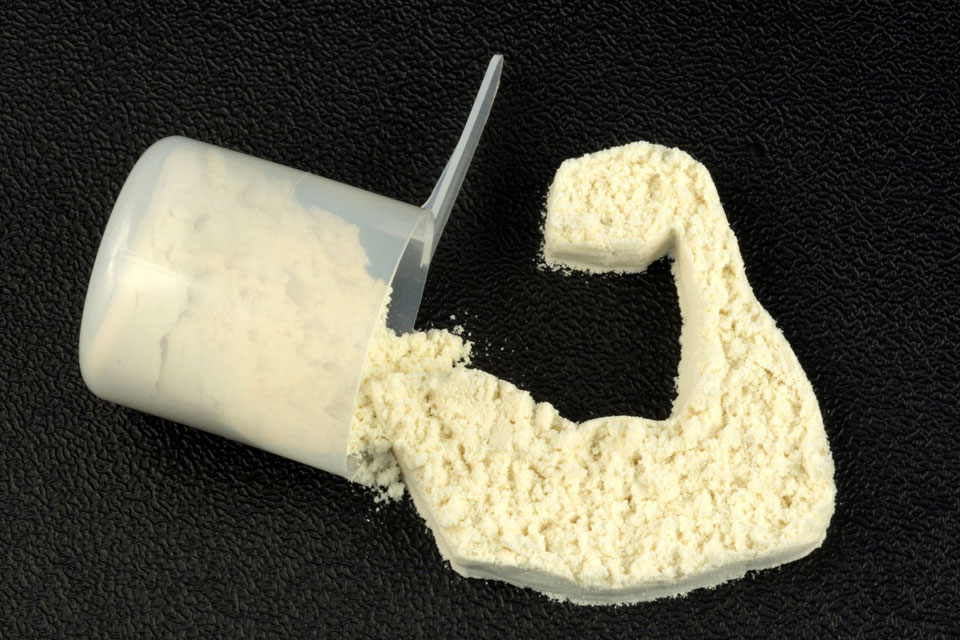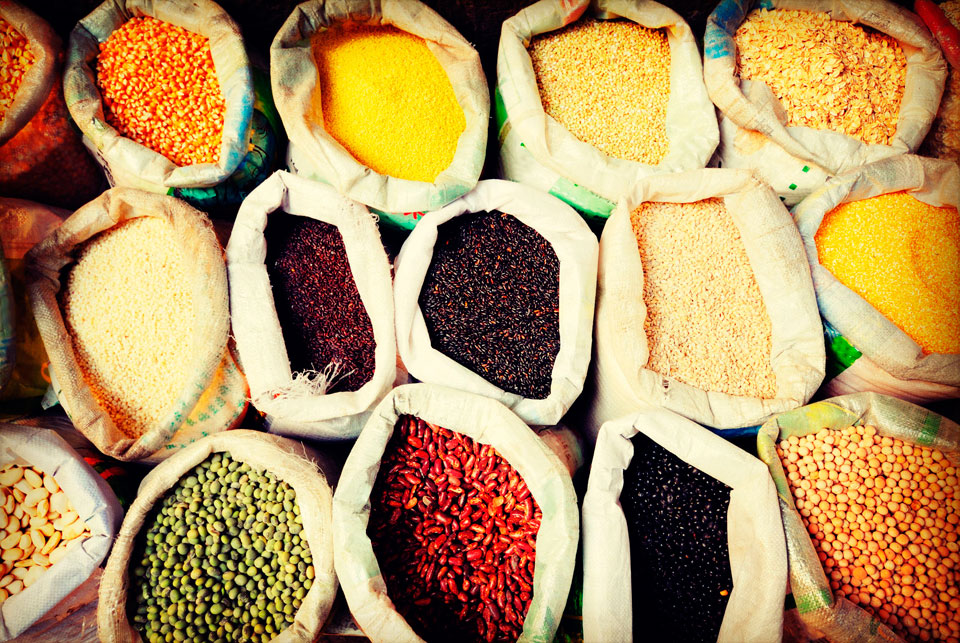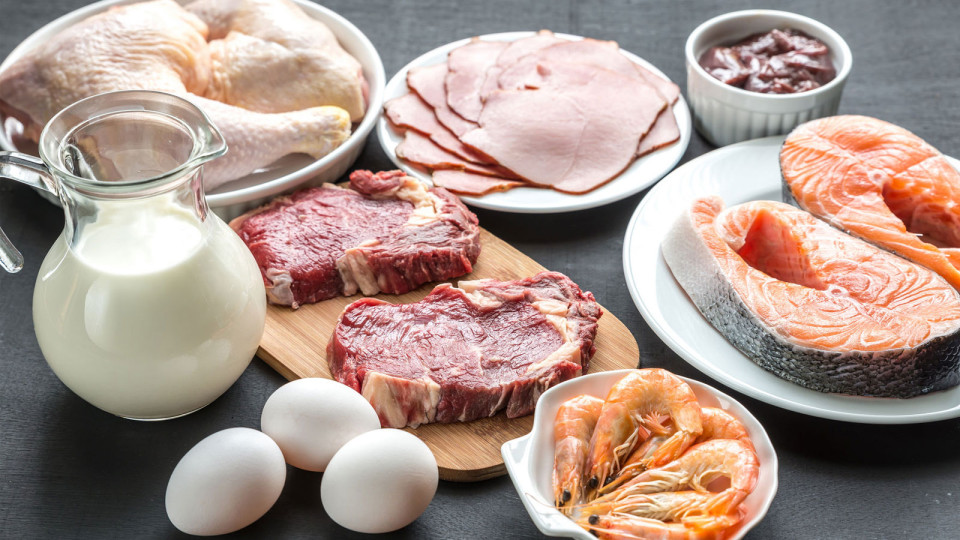What is protein made of? I once saw two enthusiasts of fitness arguing about whether rice has protein. The one stating that rice has no protein is totally wrong, he probably watched too much Epic Meal Time.
What we call “protein” is actually comprised of amino acids. Amino acids are the building blocks of protein. Amino acids are exactly the same wherever you find them, whether they come from animal products or plants. Once we understand that protein is simply an assembly of these amino acids – the structural components of protein – we can easily understand how this requirement can be easily met with a varied diet that is sufficient in calories. Proteins from plant sources can actually also serve as a complete and well-balanced source of amino acids for meeting human health needs.
Recommended Protein Requirements
The recommended daily allowance of protein is 0.8 grams per kilogram of body weight, or 0.36 grams per pound of body weight. You likely need about one-half gram of protein per pound of lean body mass. For most people, this amounts to 40 to 70 grams of protein a day. Rarely does a person need more protein than this — the exception would be those who are aggressively exercising (or competing) and pregnant women, who should have about 25 percent more. Protein, along with other stuff like zinc, is found in our muscles, bones, skins, hair – and virtually every body part or tissue. It is an important component of body processes, powering many chemical reactions within your body. Yet, how much protein do we require every day, and can we get all the protein we need from plant foods?

The Myth
If you are under the impression that it is necessary to eat animal products, such as meat, fish, chicken, eggs, or dairy products, to get all the protein you need, it is actually possible to get all of the protein you need to thrive while eating a plant-exclusive diet, a diet that doesn’t include any animal products. Carbohydrates like rice usually also hold nutritional values of proteins in them.
Sample Protein Profiles From Plants
To give an example of fulfilling protein requirements from plant foods, you could easily meet a daily protein requirement of 46 grams per day with one cup of oatmeal (6 grams protein), one cup of cooked lentils (18 grams protein), one cup of cooked brown rice (5 grams protein), four tablespoons of almonds (4 grams protein) and one and a half tablespoons of peanut butter that has no added sugar even artificial sweeteners – remember the last article! (6 grams protein).
Meeting Your Protein Requirements With A Plant-Based Diet
Protein requirements can be easily met with a plant-based diet. Worldwide, plant protein sources provide most of the supply of dietary protein, including that provided by legumes, like beans, nuts and seeds, as well as grains such as wheat and rice.

In Singapore and developing countries, examination of the adequacy of plant-based diets as sources of protein and amino acids has shown that protein quantity is sufficient.
Total vegetarian or vegan diets, are healthful and nutritionally adequate. A whole foods plant-based diet can meet all of our protein needs, and eating a variety of plant foods throughout the day more than assures us of adequate protein intake. It may also provide health benefits in the prevention and treatment of certain diseases.
Humans do not need to be at all concerned about amino acid imbalances when the dietary amino acid supply is from the plant-food proteins that make up our usual diets. Mixtures of plant proteins can be fully adequate for meeting human requirements.
How do you measure your protein intake and how much protein do you take daily?





